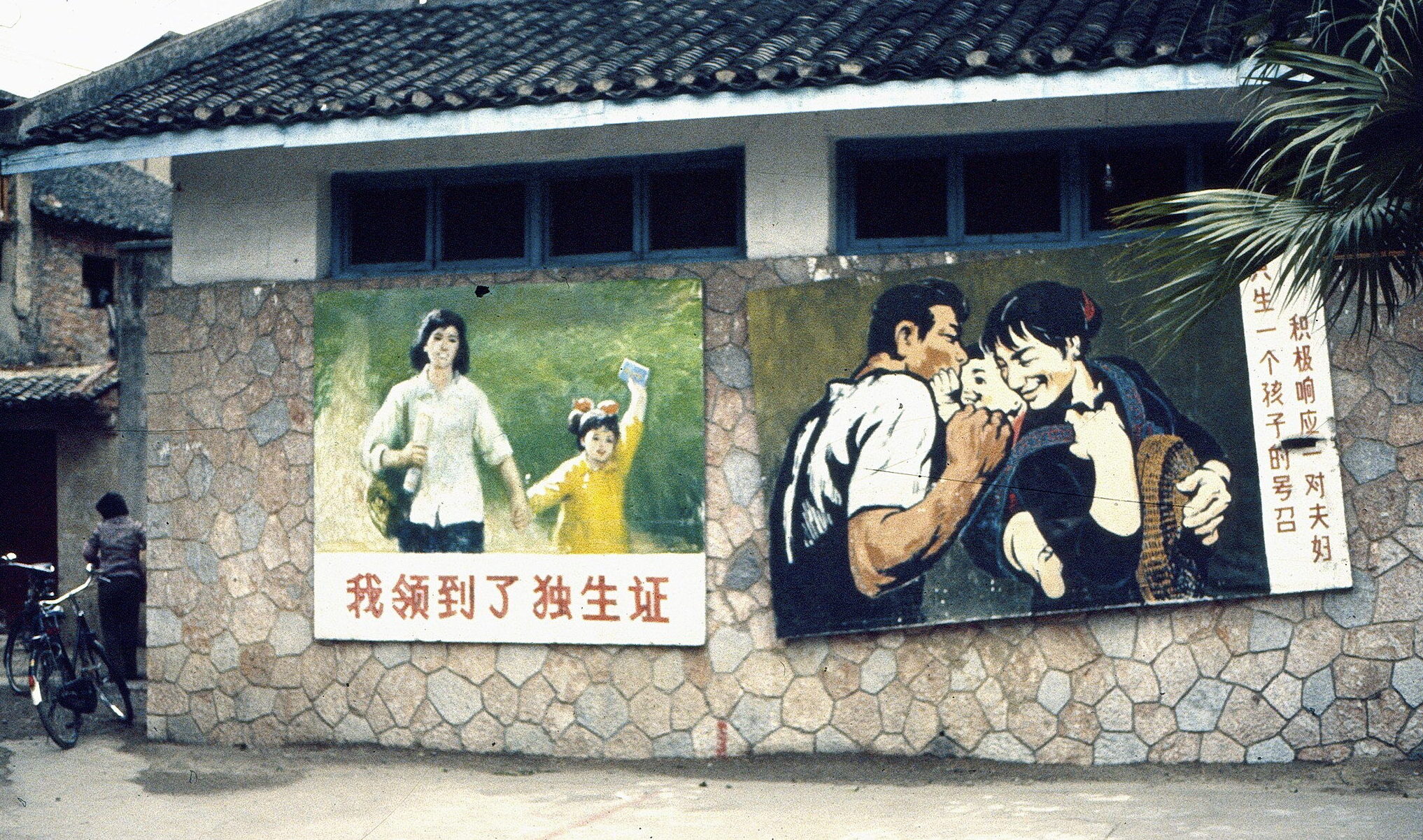- cross-posted to:
- news@beehaw.org
- cross-posted to:
- news@beehaw.org
One of China’s biggest challenges today is its unprecedented low birth rate that threatens its economic development, especially given the country’s unsustainable pension system that is expected to be financially unviable by 2035. Besides this, the system shows wide discrepancies between northern and southern Chinese regions, which stems from their different economic development models. And while Chinese authorities continue to adopt and implement multiple policies aimed at boosting marriage and birth rates, Chinese citizens are increasingly disengaging from the party-state.
**A Propaganda Machine Stuck in the Past **
By all standards, China is a surveillance state that uses social credit, face recognition AI and other means to control its own population. From 1980 to 2015, Beijing successfully imposed its infamous One-Child Policy that led to effective population control. […] Indeed, the combination of strict birth control and economic opening-up did lead to a dramatic improvement in living standards.
At the same time, Beijing showed that it would stop at nothing to enforce its coercive measures that included hefty fines in rural areas, forced abortions at late stages, and even forced sterilization. The One-Child Policy also resulted in an alarming gender gap, with over 30 million women gone missing, which has led to large-scale trafficking from other Asian countries.
Today, the challenge is the opposite of the situation in the early 1980s: China needs more children. China’s birth rate hit its lowest in 2023, with 6.2 children per 1,000 inhabitants, nearing the figures in Japan and South Korea.
[…]
Faced with a record low birth rate, Beijing finds itself caught in its own narrative. As suggested by [the state-controlled media outlet] Global Times article: “China regards the people’s right to subsistence and development as its top priority.” However, the Chinese people are long past the level of ‘subsistence’ this refers to, and the people are now seeking security amid a crumbling system. And while it is too early to talk about a ‘parallel’ society that exists outside the system in China, the society’s refusal to comply with state policies that are essential to the party’s survival is already an indication of a larger crack in the system.


